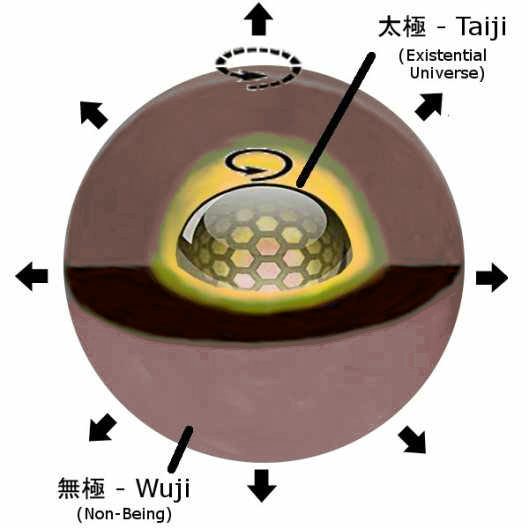Salek Atesh
Active Member
I don't think the Dao itself fits into any meaningful definition of theism. Theistic relationships involve worship and the seeking of patronage from more powerful beings who are still somehow imagined to be like us. The Dao just is. One does not pray to it, one does not make offerings to it, and it is not going to show greater partiality towards one person or another. The Dao is the Dao.
It would be like saying the Buddhist concept of Nirvana were theistic, to use a closely related analogy. (Both traditions have plenty of room for gods, but neither concept is a god.)
I think the confusion arises because mystical Christians and others tend to call the ultimate reality "God," but that's not really theism either, despite the name; it's the broadening of theistic language to the point where it's really referring to something else altogether.
It all boils down to semantics and how one defines a "god". All "-theisms" are sort of flawed in this manner, as most monotheists use a different definition of "god" then most polytheists.
The Tao could fit some people's definition of "god". It doesn't fit other peoples' definitions. So it can be theistic, or not. Ultimately, it just shows Tao Te Ching 25 to be true: the Tao cannot be accurately named.

